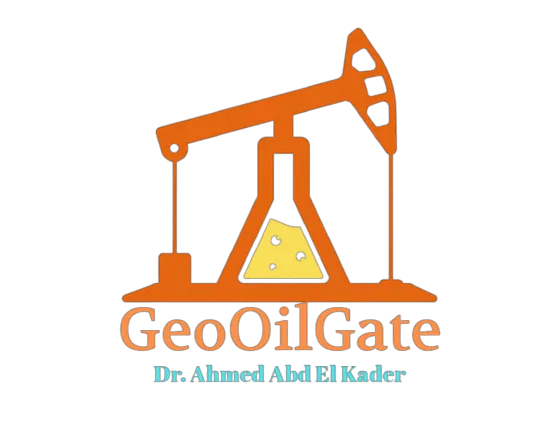Historical Geology
SEDIMENTOLOGY AND STRATIGRAPHY

DEPOSITIONAL ENVIRONMENTAL

Describes the combination of physical, chemical, and biological processes associated with the deposition of a particular type of sediment and, therefore, the rock types that will be formed after lithification.
PALEONTOLOGY

Paleontology is the scientific study of life in the geologic past, based on examination of fossilized remains of once living organisms, such as tracks, bones, teeth, plants, and shells. Fossils are unique, nonrenewable resources that paint a ancient portrait of life on earth.
EARTH HISTORY

PALEOGEOGRAPHY

Palaeogeography is the study of historical geography, generally physical landscapes. Palaeogeography can also include the study of human or cultural environments. When the focus is specifically on landforms, the term paleogeomorphology is sometimes used instead. Paleomagnetism, paleobiogeography, and tectonic history are among its main tools.
PALEOCLIMATOLOGY

PALEOMAGMATISM

GEOCHRONOLOGY

PALEOECOLOGY

